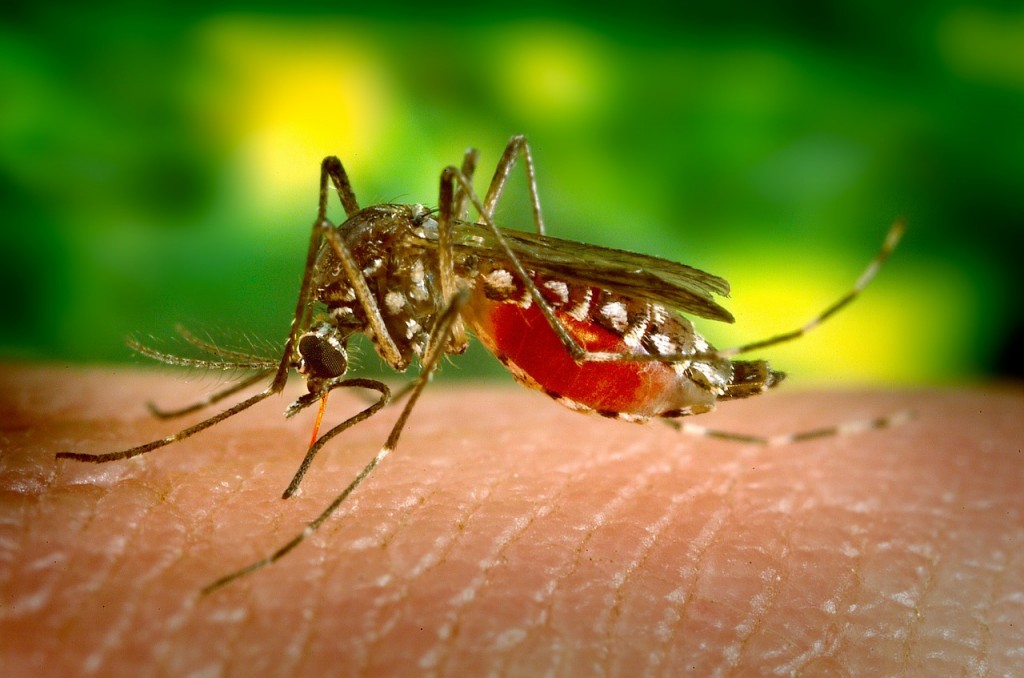 Zika virus might not be a concern for you if you aren’t a female or attempting to start a family, right? Not so fast.
Zika virus might not be a concern for you if you aren’t a female or attempting to start a family, right? Not so fast.
A new study suggests that you might be at risk of cognitive issues if you happen to contract the mosquito-borne virus. A study performed in mice has discovered that adult brain cells that are critical to learning and memory may be hindered by the Zika virus.
To this point, researchers have claimed that neural progenitor cells – a type of stem cell – are susceptible to the Zika virus in the brains of developing babies. However, neural progenitor cells in adults are replenished over time. This leaves room for Zika to potentially affect them as they regenerate in the adults.
“We asked whether [these cells] were vulnerable to Zika in the same way the fetal brain is,” Joseph Gleeson, one of the authors of the report, told the Washington Post. “The answer is definitely yes.”
Furthermore, you don’t have to ill in order to contract the disease and experience its lasting effects.
“We recognize that healthy humans may be able to mount an effective antiviral response and prevent entry into the central nervous system, but it remains a possibility that some immunocompromised humans and even some apparently healthy humans may be susceptible in ways modeled by the mice,” wrote the authors of the report.
Of course, the researchers note that their experiments only involved mice – not humans. They stress that Zika virus research needs to continue to further investigate their findings.
So what can you do to avoid Zika in the meantime?
The most obvious answer is to be preventative. Wearing long sleeves and pants while outdoors can potentially reduce the odds of being bitten by a Zika-carrying mosquito. Bug spray can also deter the insects from biting.
Researchers are still looking into the various ways that Zika is transmitted, but many conclude that it can move from person-to-person via intercourse. For this reason, individuals are advised to use sexual protection. Furthermore, the U.S. Centers for Disease Control and Prevention notes that Zika can be spread when a contagious individual is asymptomatic.
At the moment, the CDC is still investigating how long the Zika virus can remain in bodily fluids, such as semen, urine, and blood.
Sources
Hongda, Li. Saucedo-Cuevas, Laura. Regla-Nava, Jose. Chai, Guoliang. Sheets, Nicholas. Tang, William. Terskikh, Alexey. Shresta, Sujan. Gleeson, Joseph. “Zika Virus Infects Neural Progenitors in the Adult Mouse Brain and Alters Proliferation.” Cell. Published Aug. 2, 2016.
Dennis, Brady. “Zika can infect adult brain cells, not just fetal cells, study suggests.” Washington Post. Published Aug. 18, 2016.
“Basics of Zika Virus and Sex.” CDC.gov. Retrieved Aug. 22, 2016.
